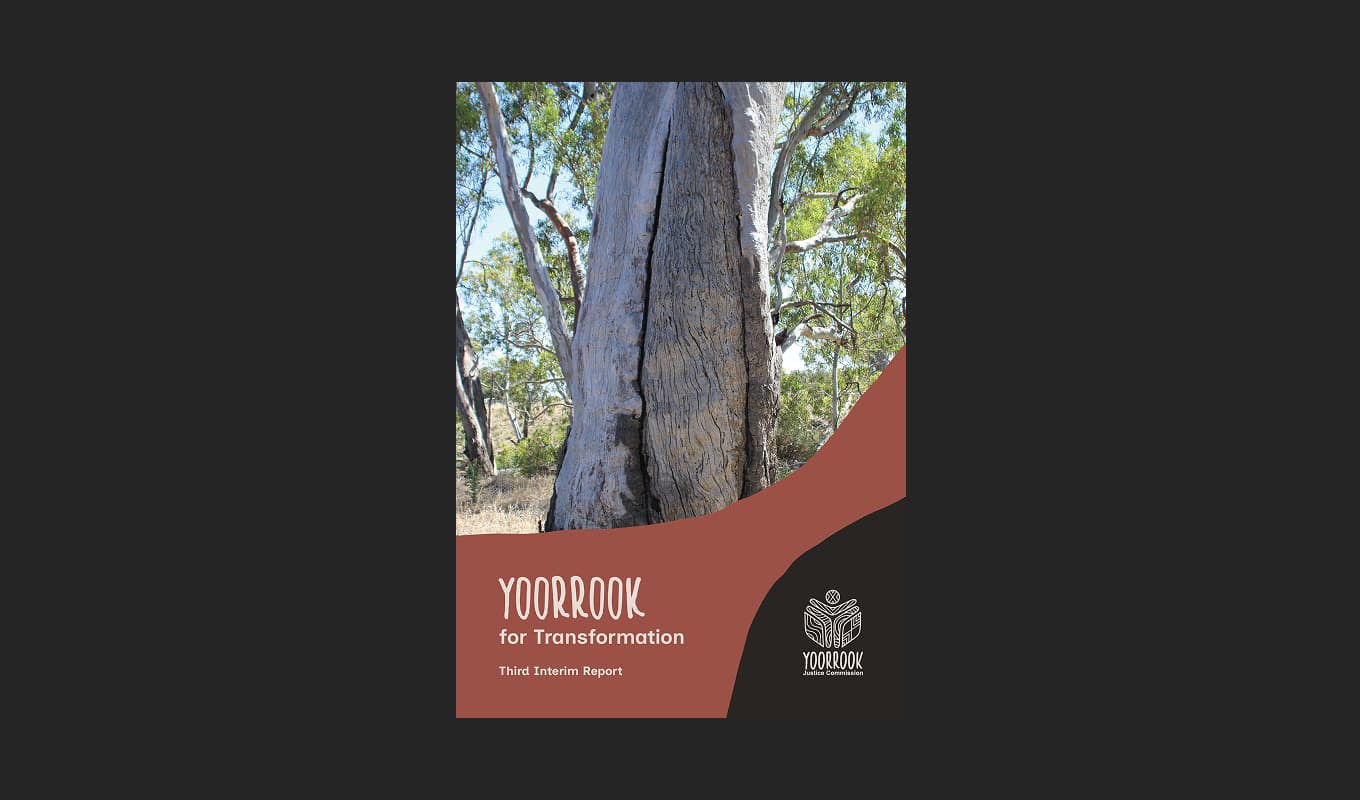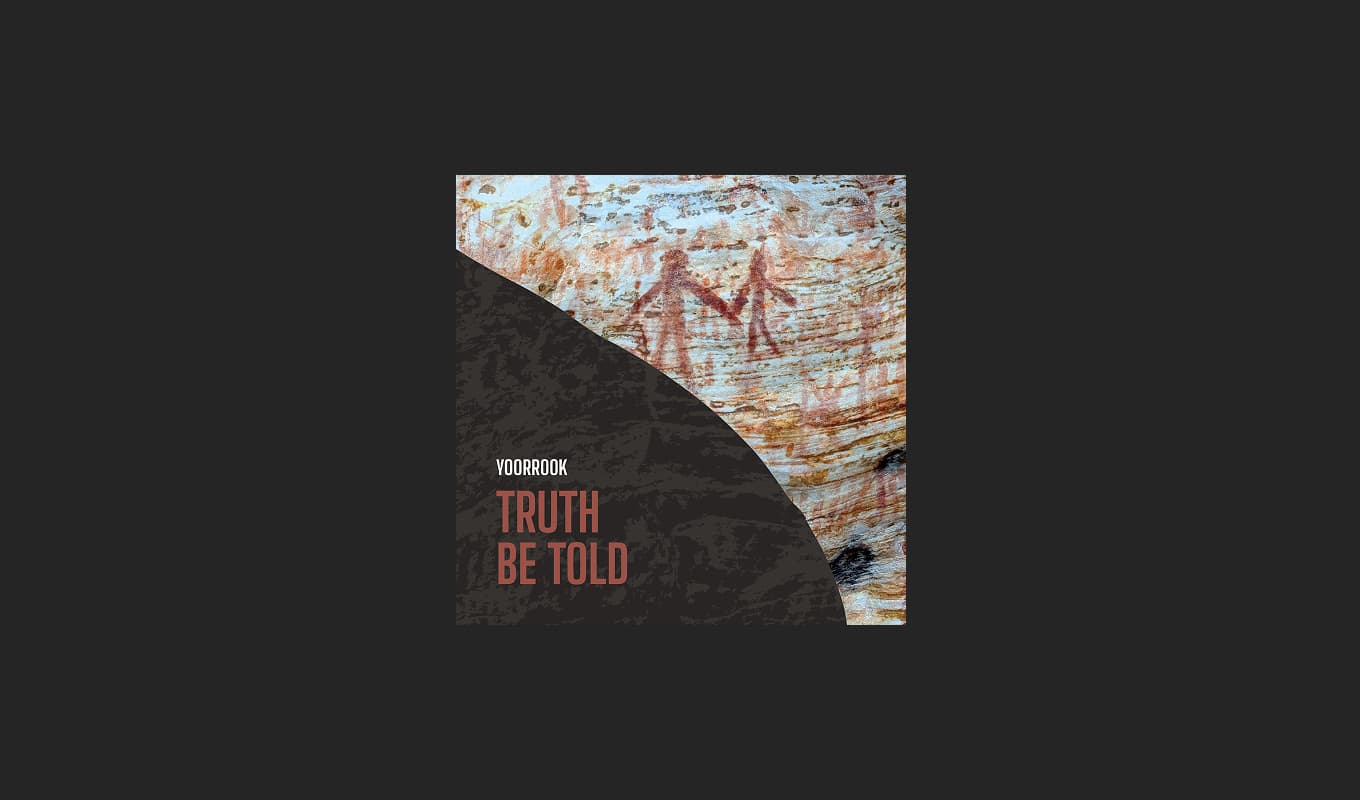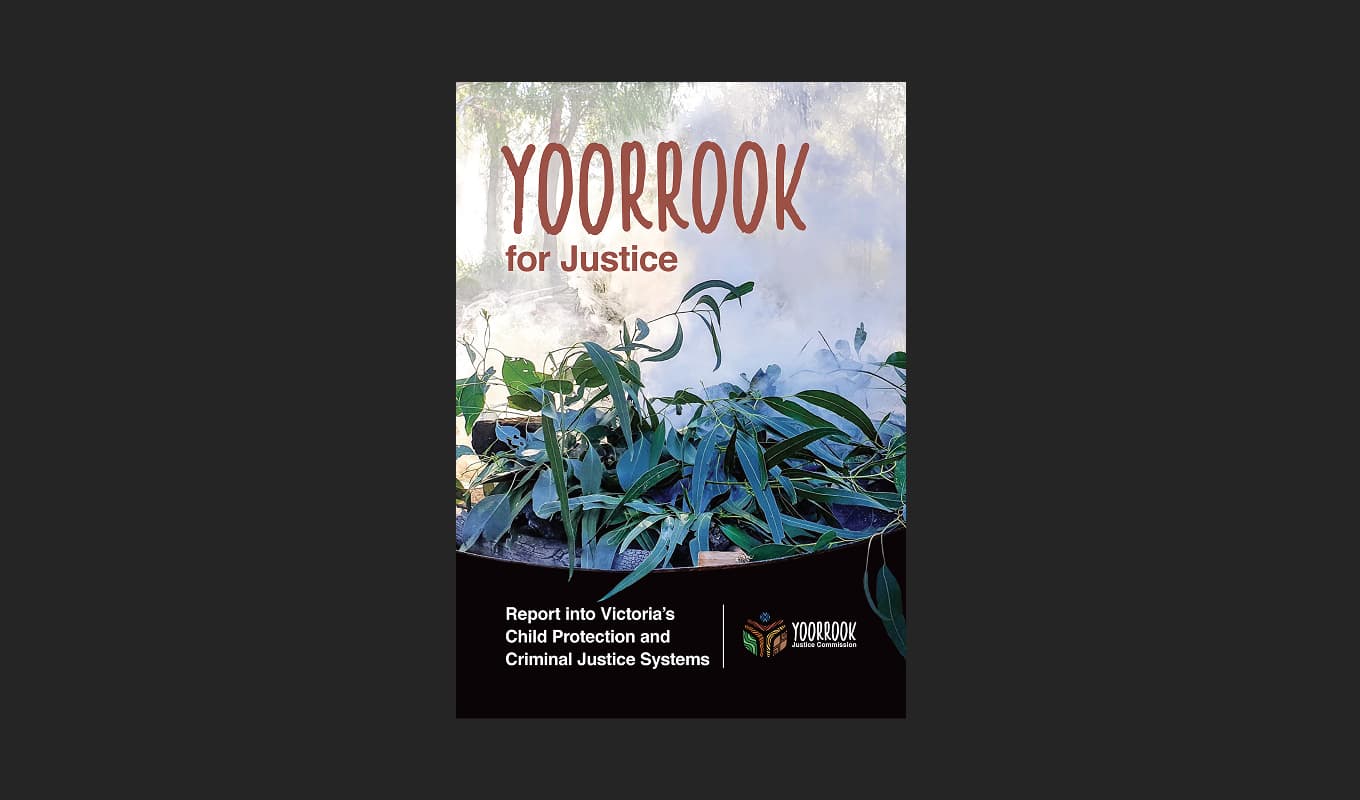Ryley Page
Ryley Page is a Mununjali and Badtjala man. In this video submission, Ryley discusses education, self-determination, health and housing and what it's like to be Aboriginal in Victoria.
Submission Transcription
I’ve moved down in 2019, so I’ve lived here for the last four and a half years. It’s been nice working at first people and connecting with mob. But at the start I didn’t really, I don’t know, have those connections moving from a different state. So yeah, I’m glad I found a bit of a base here and sort of yeah, I’ve been able to meet people and been lucky, but I don’t know, it’s inspiring working, you know, within this circle and you hear all the things that are coming, but for the first couple of years, bit isolating. So to be honest. Yeah
Yeah. It’s something I really didn’t know about until probably the last year. And I still don’t know a great deal about it, but being able to sort of choose our own direction and be I don’t know, independent and sort of blaze our own trail. I think that’s good. Like not being dependent on things outside of our culture that are making decisions that impact it. I think being able to sort of steer it in our own direction, that we want to see it go would be really cool. And yeah, I think that’s a really exciting thing about the future.
think, yeah. Education something that really probably interests me the most. I was lucky to sort of go through private schooling on a scholarship through RAAF in Queensland. And it was nice to be with kids who are from obviously lots of indigenous kids from different sort of areas. And here I learned a lot about my culture through there. I think that was really beneficial. I think, you
know, being able to give those experiences, send kids to higher education and be able to teach more stuff in the curriculum about, you know, history, language would be perfect. That’s something I want to chase up now as an adult. So being able
I don’t know, I think maybe, I don’t know, just things are caught in yellow tape. I think sometimes like to get those things in the curriculum. I guess it has to be a value in it and all. They have to see the value in it. I think maybe if we. Yeah, if we keep going on the road, we have and keep going along that path, I don’t see any reason why it wouldn’t be in school. So I think that’s probably the big thing, just making it aware, bringing awareness to it and sort of yeah, maybe even and also as well from the different language groups trying to make sure that there’s that documentation. So there’s enough sort of work around that they can put into schools and whatnot.
Yeah. Health, I think, coming from indigenous family, a lot of my sort of grandparents and rellies have health issues like diabetes and lots of stuff. So I think having I think more awareness and more support out there that they can feel comfortable to go to those places and get checked out, having things available for them. I know a lot of my family doesn’t like going to sort of mainstream health care. So I think having that at the forefront would be really great.
Truth-teller consent
Contact us about this submission
Contact us if you’d like to discuss this submission.
Similar submissions
Explore submissions from other witnesses that discuss similar topics.
Steph Tashkoff
Steph Tashkoff, a teacher, describes the ongoing impact of colonisation and stolen land she sees first-hand on young Koorie people. She highlights the... more
Anonymous 1491
The author decided to make this submission as they believe their early education and experiences would mirror those of many other non-Indigenous Austr... more
Anonymous 1480
Anonymous 1480 migrated from Aotearoa to Australia in their teens at a time when many people like them were labelled as ‘half-caste’ and vilified in t... more
Reports and Recommendations
Read the official reports and recommendations of the Yoorrook Justice Commission.

Yoorrook for Transformation
Third Interim Report: A five-volume comprehensive reform report presenting evidence and findings on systemic injustices, and specific recommendations for meaningful change to transform the future.

Truth Be Told
An official public record that documents First Peoples experiences since colonisation, preserves crucial testimonies for future generations and creates an enduring resource for education and understanding.

Recommendations for change
Yoorrook Justice Commission’s recommendations for truth-telling, justice, and systemic reform in Victoria.
